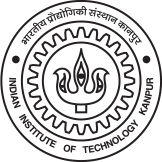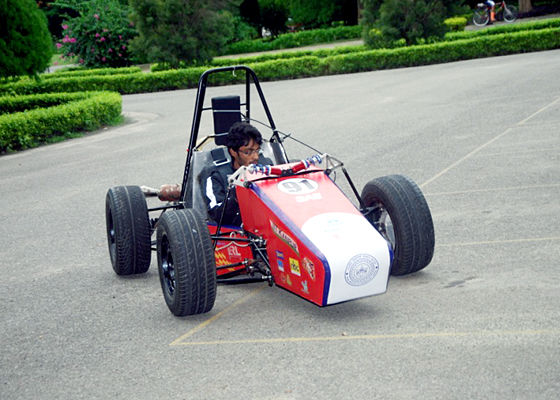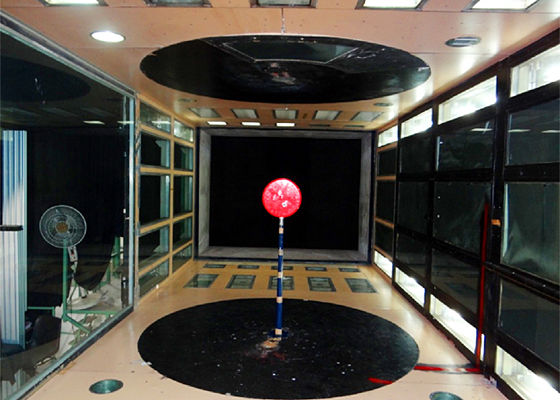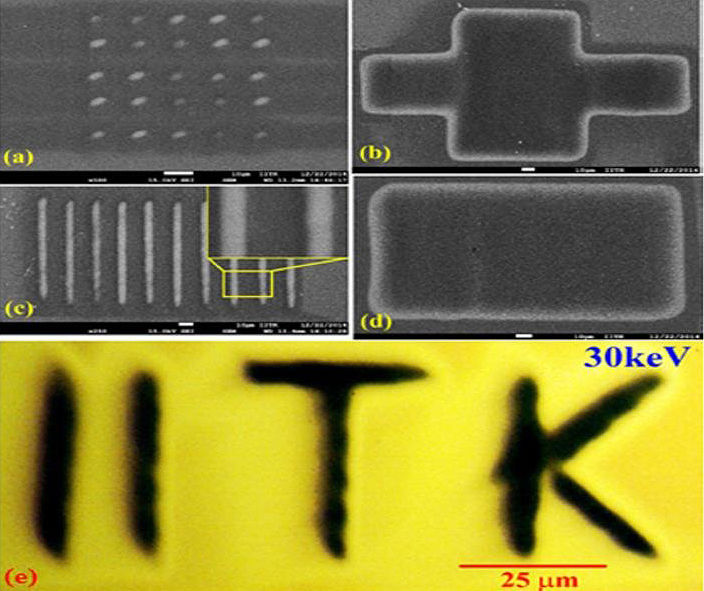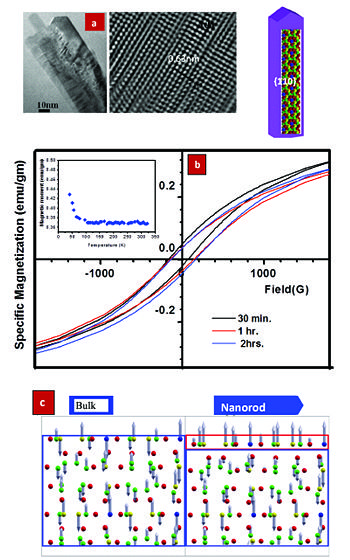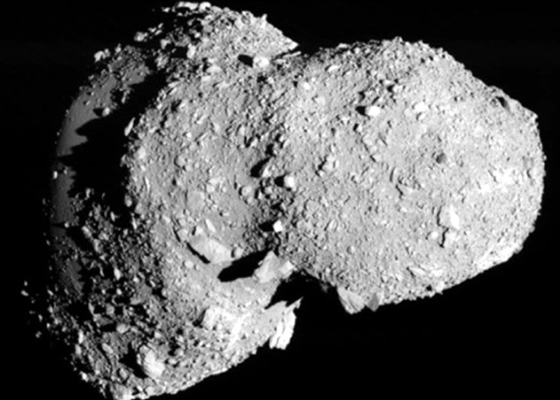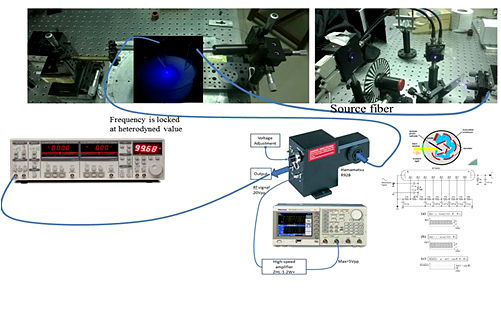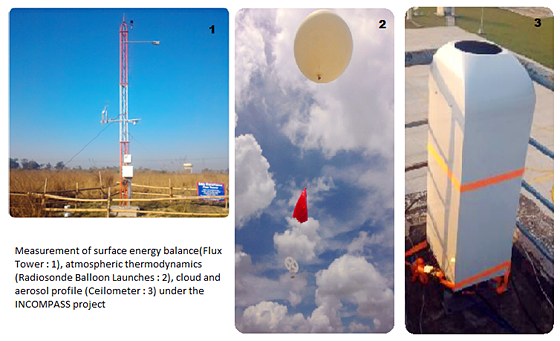
Co-PI: Prof. S.N. Tripathi
The monsoon is the primary driver of the agriculture and industry in South Asia, and is thus significant in the lives of more than a billion people residing in the region. In fact, inter-annual variations in the monsoon can even have economic consequences on an international scale. The growing population and developing economy makes understanding and predicting the monsoon of vital importance. Unfortunately, our capability to forecast the monsoon is limited by large, incremental errors. The poor performance of weather prediction models over India is due to a complex set of interactions between the land, ocean and atmosphere of the region. To quantify the land surface properties and fluxes, which interact with the monsoon on different temporal and spatial scales, an eddy covariance flux tower will be set up in Kanpur, which will be the first such measurement site in the region. Other than the standard meteorological observations, the tower will also directly measure the sensible and latent heat fluxes, which will help us understand the land-atmosphere feedback processes and how they relate to the monsoon climate of the region. The other Co-PIs of this project are Dr. E. N. Rajagopal and Dr. Ashis Mitra, NCMRWF Noida; Dr. Ranju Madan, IMD New Delhi; Dr. Muddu Sekhar, IISc Bangalore; Dr. Sandeep Pattnaik, IIT Bhubaneswar; Dr. G. Mrudula and Dr. T. N. Venkatesh, NAL Bangalore.



